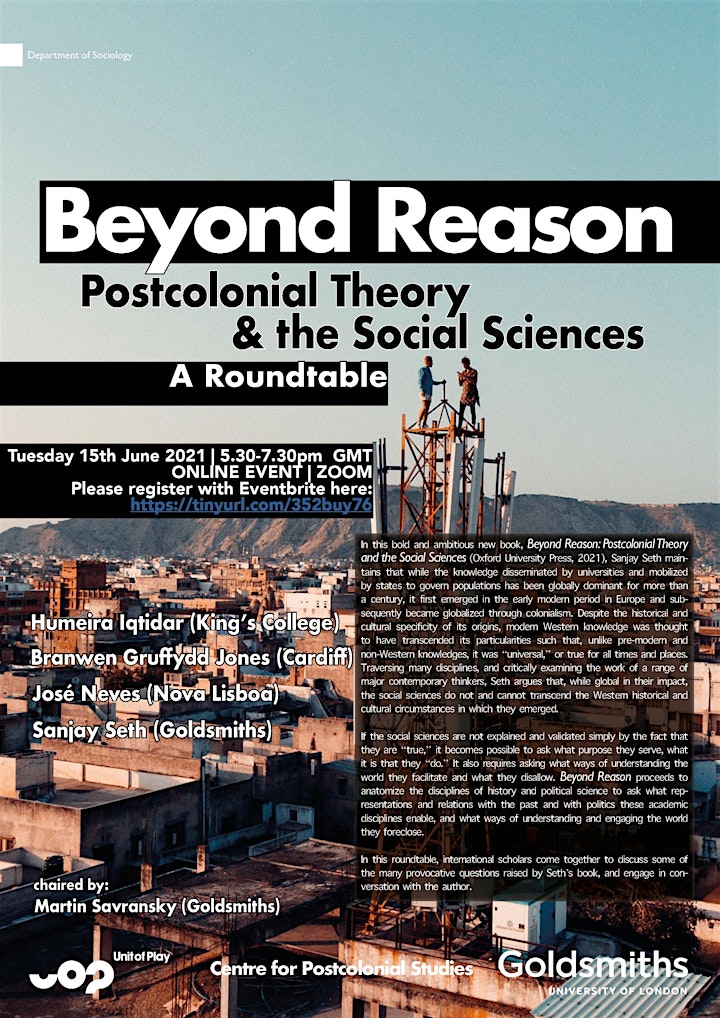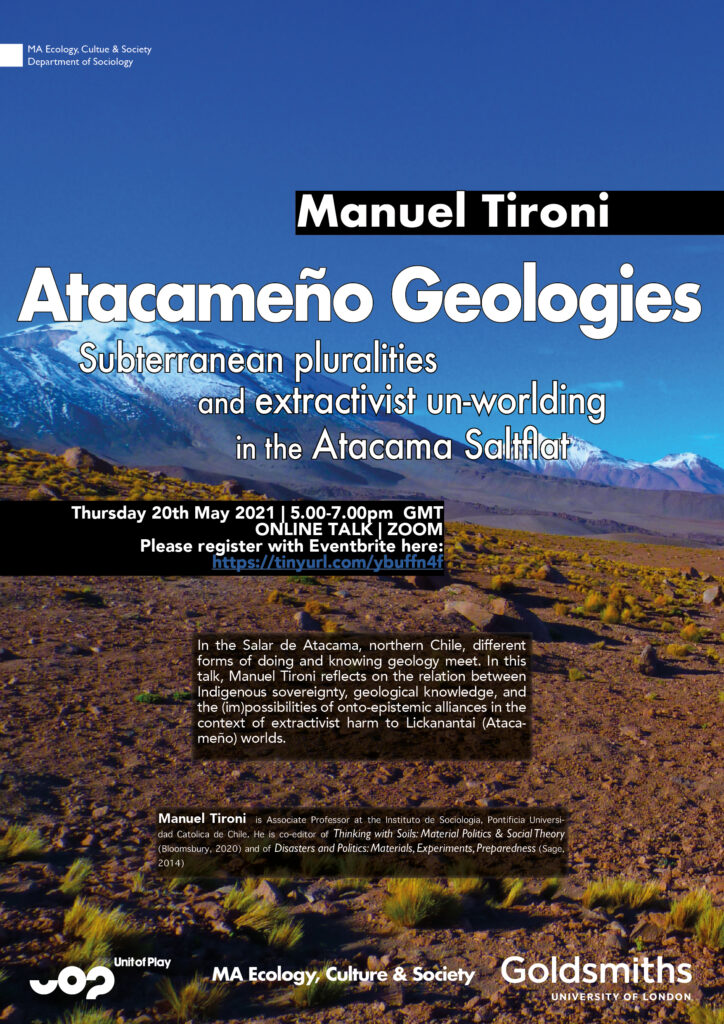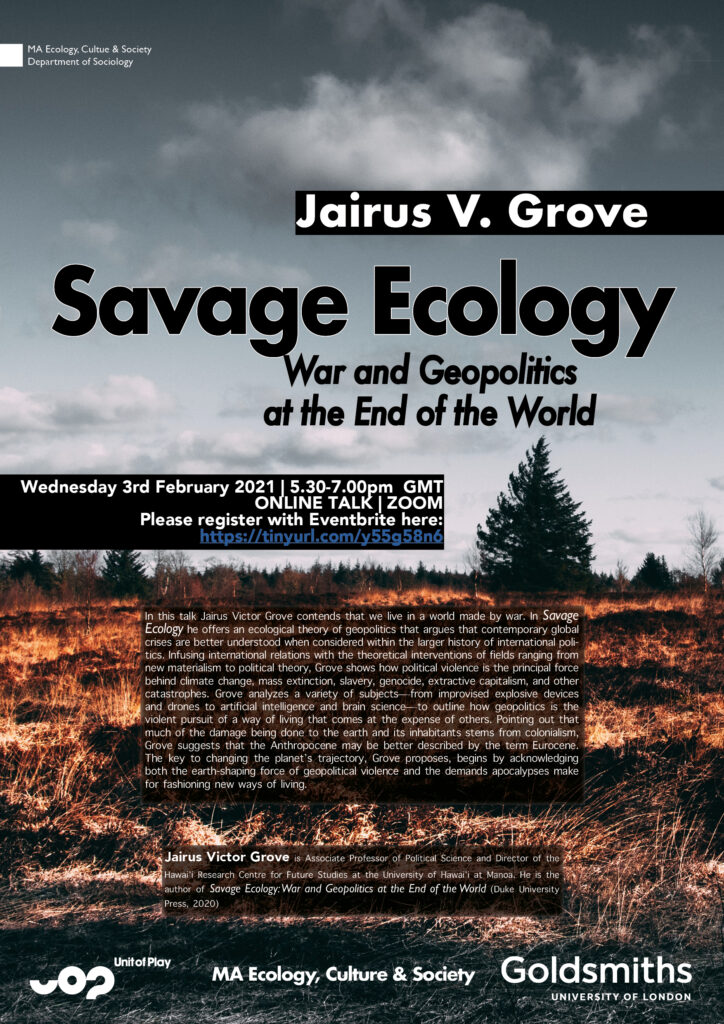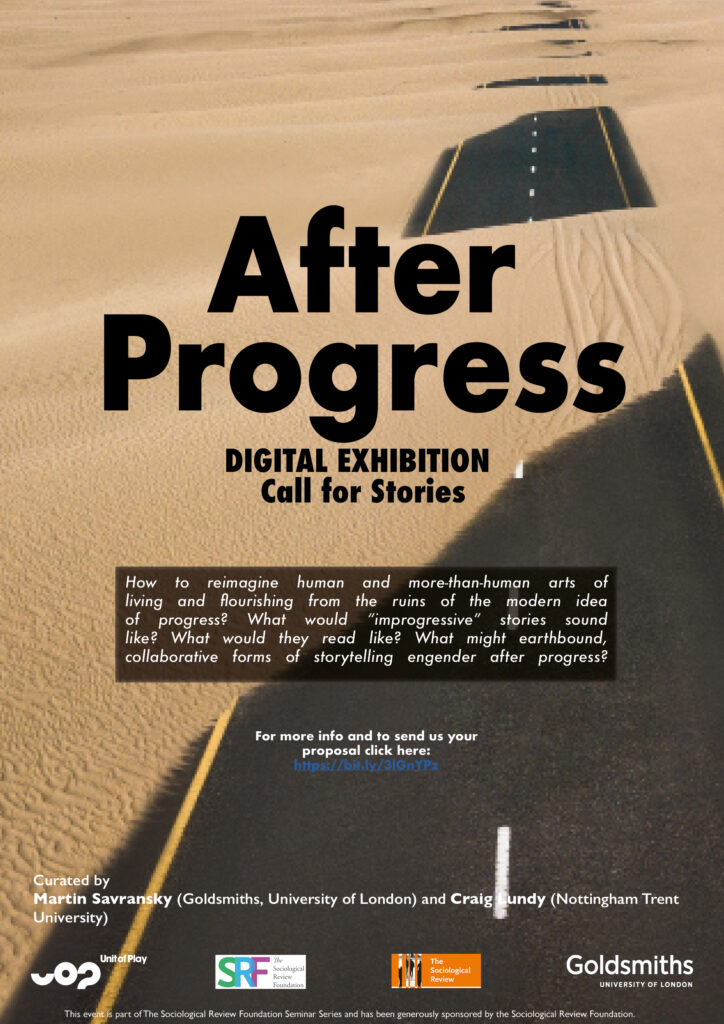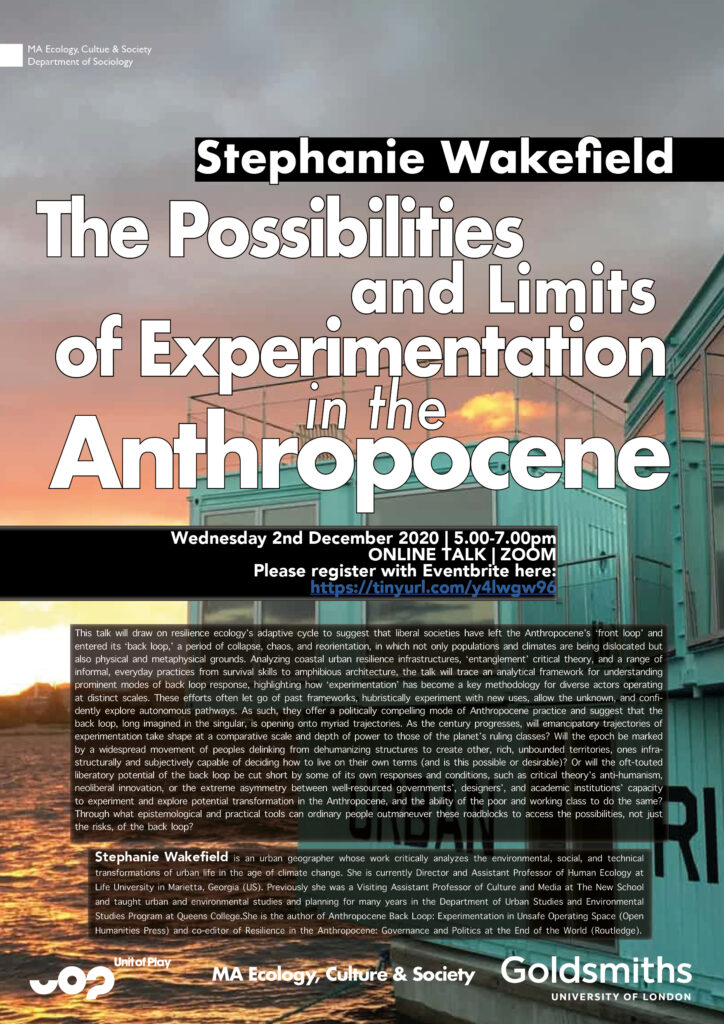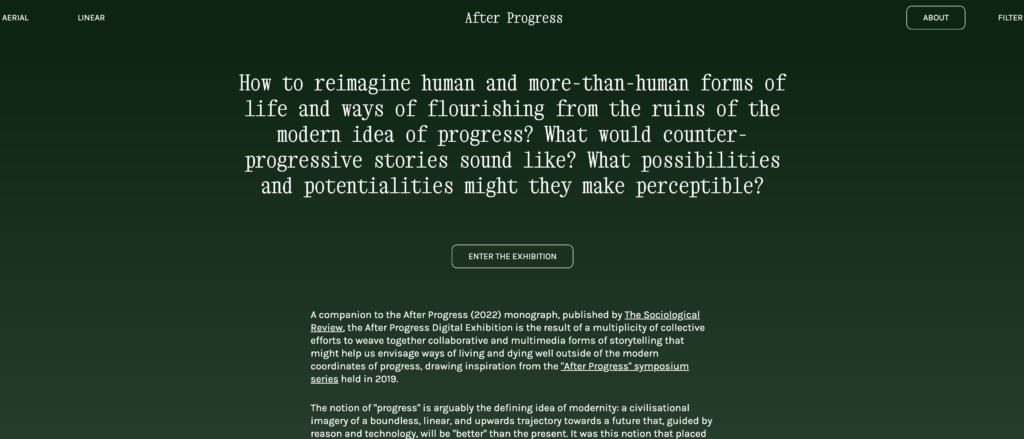
After 2 years of hard work, the After Progress digital exhibition has now launched!
A companion to the After Progress (2022) monograph, published by The Sociological Review, the After Progress Digital Exhibition is the result of a multiplicity of collective efforts to weave together collaborative and multimedia forms of storytelling that might help us envisage ways of living and dying well outside of the modern coordinates of progress, drawing inspiration from the “After Progress” symposium series held in 2019.
The notion of “progress” is arguably the defining idea of modernity: a civilisational imagery of a boundless, linear, and upwards trajectory towards a future that, guided by reason and technology, will be “better” than the present. It was this notion that placed techno-science at the heart of modern political culture, and it was the global unevenness of “progress” that imagined European imperialism as a civilising mission inflicted upon “backward” others for their own sake. The colonial, rationalistic, and ecocidal consequences of the story of “progress” have been laid bare, yet progress remains a ruling idea capable of governing our imaginations today. At the same time, the ruins of progress are teeming with divergent worlds and collective experiments whose stories upend modern dreams, cultivating plural value-ecologies of living and dying with others on Earth. How to intensify them? How to make them felt?
In 2020, amidst the profound upheavals brought about by the COVID-19 pandemic and the many public health responses to it, we issued an open call for storytelling proposals from groups and individuals from around the world, with stories that might help us envisage ways of living and dying well outside of the modern coordinates of progress. After over 175 initial proposals from every corner of the world (by artists, activists, academics, students, and many other people from different walks of life) and a long and collaborative process of development and curation, this exhibition of over 60 “stories” in a variety of genres, media, and styles, is one collective response to that call.
But it is also more than that. Composed collectively by contributors, curators, designers, and collaborators alike, all navigating and negotiating lockdowns and social distancing measures and a plethora of other restrictions on our modes of sociality, this exhibition is also a living archive, a testimony of what happened and what can still happen in the interstices of such distances, when we insist in spite of all on thinking and being together (apart). And because any “after” to progress necessarily calls for the plural, what one will find here is a veritable cornucopia of experiments in storytelling that are speculative, ethnographic, poetic, drawing on or reinventing any and every genre: SF, nature writing, poetry, aphorisms, brief dramas, short films, interactive webpages, letters and epistolary forms, fictional encyclopaedia entries, instructions, auditory compositions, and many more. They each raise and pursue their own questions and their own possibilities, thickening the present through the many disparate yet interlaced threads they weave in their divergences and tensions.
This exhibition has received generous funding from The Sociological Review Foundation, as well as other sources of support from the MA Ecology, Culture & Society and the Unit of Play, Department of Sociology, Goldsmiths, University of London.

